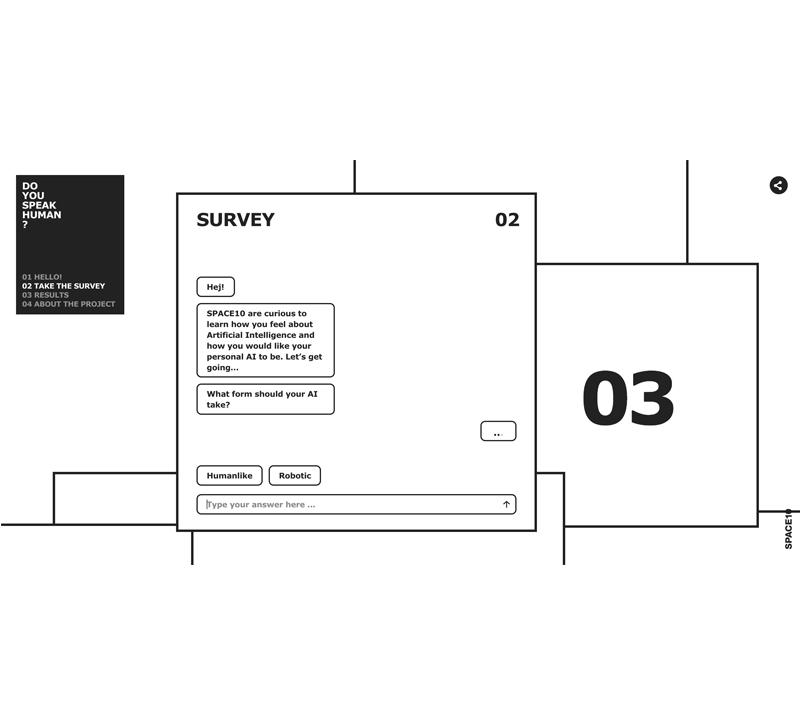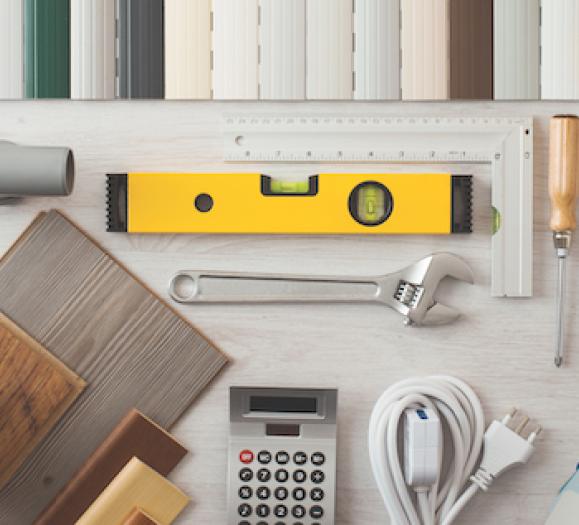C by GE now sells a lamp that can order pizza. If a lamp can do it, why can't your couch? But if you build it, will consumers buy it?
That's what furniture maker IKEA wants to know. The company launched a new survey asking consumers to think about what they want from artificial intelligence (AI) and how they want it to act. IKEA will use the results in its furniture production, although it's not clear exactly how.
Here's what we thought of this short survey and what the results could mean for the furniture industry.
Survey Says
With devices like Amazon's Echo, Siri and Google Play, AI already does a lot for us. They turn on lights, adjust the temperature in the room and even tell jokes. With their survey, IKEA looked less for ideas about what AI can do and more about how consumers want their AI to interact with them. Though the survey was short, it asked some pointed and sometimes thought-provoking questions.
Here are the questions that made us stop and think:
Question: Should AI prevent you from making mistakes?
Why it's weird: On a practical level, it makes sense. Having an AI report traffic would make any morning commute so much easier. If something yells at you before you walked out the door without your umbrella, you'd spend less time drying yourself off at the office. But how far does that go? Is an AI going to yell at you when you reach for the Ben & Jerry's?
Question: How should your AI behave? Motherly and protective, obedient and assisting or autonomous and challenging?
Why it's weird: Autonomous and challenging AI is essentially the plot of I, Robot. It would be interesting to know exactly how IKEA envisions AI challenging humans.
Question: Should AI reflect your values and worldview?
Why it's weird: This could be interpreted as filtering out points of view your AI decides you wouldn't want to know about. Given that partisan fake news was such a problem during the election last year, this could have some serious ramifications. Yet if you say no to this question, does that make your AI autonomous and challenging?
The Results
While the survey is still ongoing, here is what stands out in the results at the time of publication:
- 68 percent said AI should reflect their values and worldviews.
- 74 percent said they did not want their AI to be religious. It would be interesting to know what designers had in mind for a religious AI. Could you program it to fit your preferred religion? Would you be able to ask it to lead a family prayer at dinnertime?
- Half of respondents want AI to collect their data in order to enhance their experience. While this could certainly help AI improve, it does lead to other problems, especially with privacy concerns. Could someone hack your AI and get all your private information?
- 84 percent want AI to be able to read and predict their emotions.
At this time, it's unclear exactly how IKEA will use the data collected from its survey, but the data available gives us an idea about what people want from their AI. From these results, it seems consumers want an Alfred-Pennyworth-like butler — able to predict needs and emotions and deliver what the user wants immediately. AI should be helping consumers by preventing mistakes and predicting the consumer's next move. In the years to come, AI might function like a search engine, providing what consumers wants — and then a little more.
All this now begs the question: What other pieces of furniture will be able to order pizza?
Want to take the survey yourself? Head to www.doyouspeakhuman.com and find out what you want from AI.







